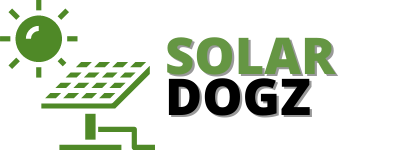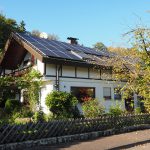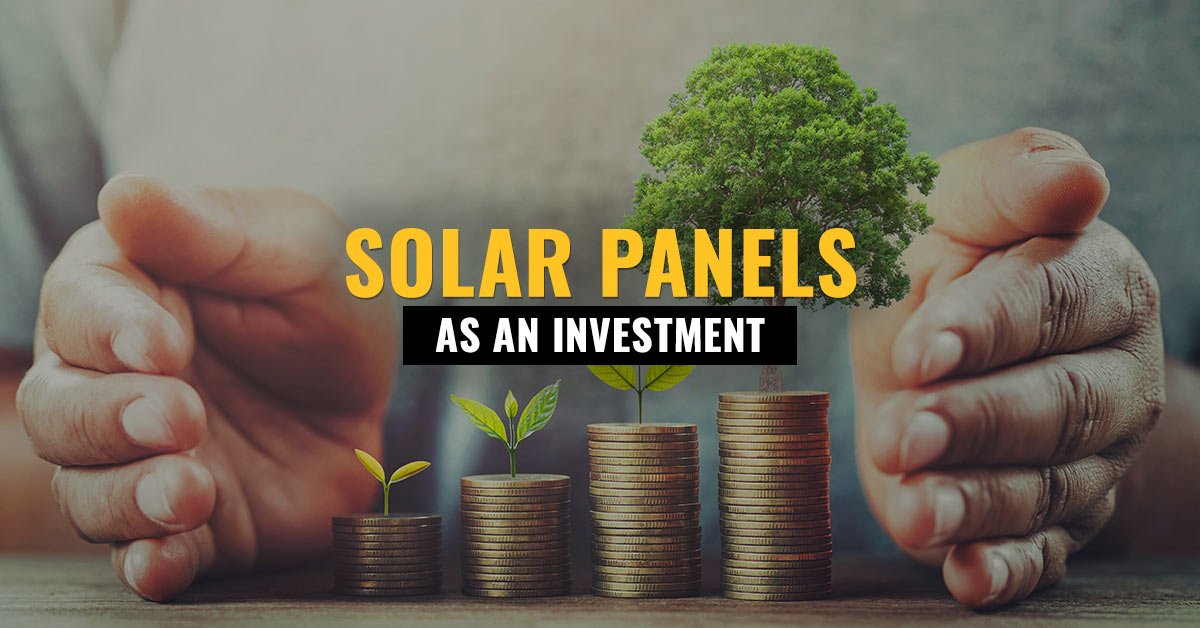Recent Trends in Solar Roofing Systems
Perhaps the most common growing trend within solar roofing is the development of flexible solar shingles. These units are a form of solar building-integrated photovoltaics (IPV), an infrastructure that serves both an electrical-aspect and solar-collecting purpose. Flexible solar roofing systems have the ability to transform themselves into either a solid, rigid, or semi-rigid covering while retaining their flexible nature. This allows for more customizable applications where lightweight and flexible solar roofing systems can be seamlessly interchanged during construction or installation.
The advantages of solar energy are many and have been documented in detail by the pros. Most people have heard about solar panel systems and the advantages of solar energy. Now the knowledge on solar has increased significantly, with more products are coming out on the market every day. The advantages of solar energy are many and have been documented by the pros. Reduced dependency on nonrenewable fossil fuels and foreign oil. Used solar batteries for storing extra energy for use at nighttime.
Solar is used to heat water, heat air, electricity, air conditioning, and even power cars. It is an excellent renewable energy source that does not cause pollution. You can have solar panel systems professionally installed, or you can go solar yourself. The pros very much document the benefits of a solar panel system.
Solar energy is available anywhere. In fact, it is the most abundant energy source in the world. Solar energy can be obtained from deserts, water bodies, and even the sea. The sun provides almost endless energy in a limited amount of space. This is another reason why solar panels are so important. They were developed and are used because they can be used virtually everywhere.
The benefits of solar energy are clear, and the cons are not. That is one good thing with solar panels, as it helps you decide if it is right for you. Once you have read the pros and cons of solar energy, you will likely know if you want to go solar or not.
Cost is usually a huge con. The pros will tell you that the cost of solar power is extremely low per watt-hour. Some people believe that the cost goes higher with more solar panels, but this is untrue. In fact, it is quite the opposite! The cost goes down every day with more solar panels installed! For those people that are worried about the initial cost, think about it this way: You are paying less for every watt-hour you buy, then you could save thousands of dollars a year by simply using power and the sun’s energy!
There are a few downsides to solar power generation. One of the disadvantages is that it produces less energy than fossil fuels, so most countries switch to cleaner forms of energy production. Another disadvantage is that it does not create any free energy at all. However, solar power generation does have an advantage; It does not deplete the non-renewable resources of the earth as coal and oil do.
There are some advantages to solar as well. The greatest advantage is that the government provides tax incentives. If you install solar panels on your property, you may be able to take advantage of tax incentives. Those tax incentives will often amount to as much as 15% of the cost of your solar system! This is a huge advantage overpaying for electricity over the long run.
These are some of the advantages and disadvantages of converting your home to solar. It would help if you remembered, though, that solar panels do have a price. You will need to install them and maintain them, which can cost several hundred dollars. But, if you think about how much money you can save over the long run when using solar energy to power your house and eliminate your electric bill, you will easily see that the investment is well worth it. When you convert your home to solar, you will cut down on your carbon footprint significantly and start to look smaller.




